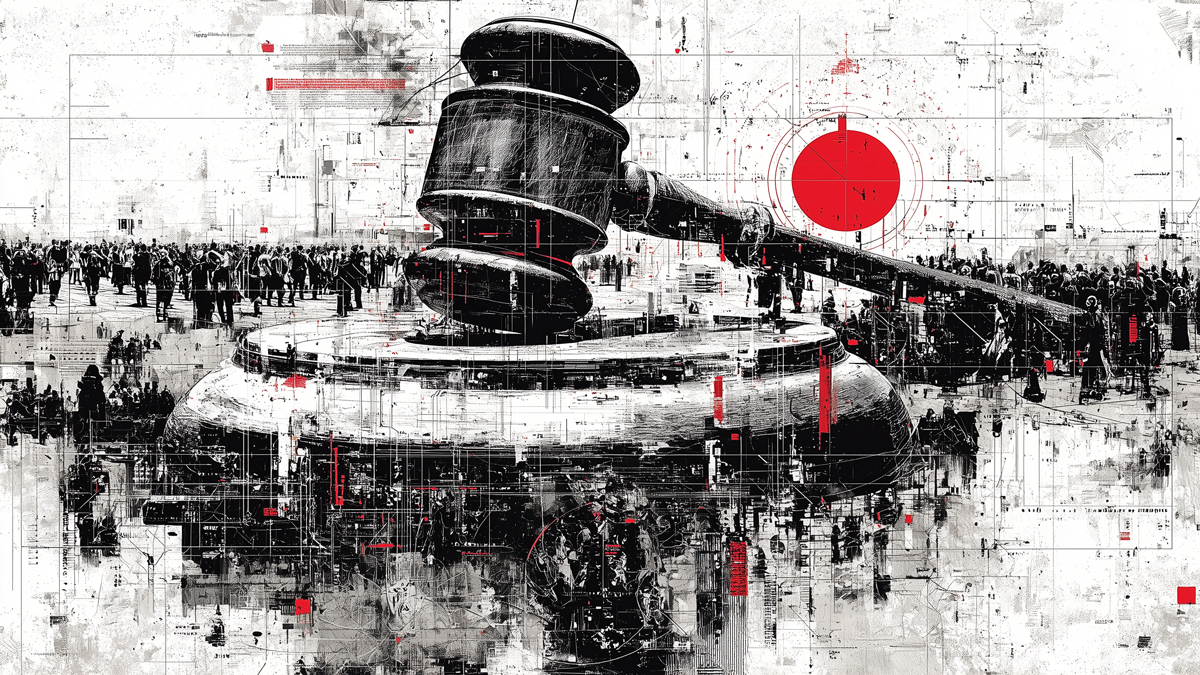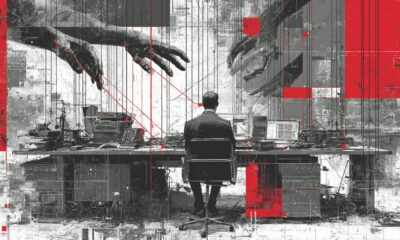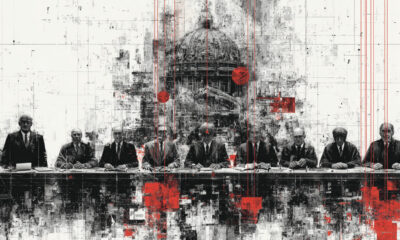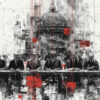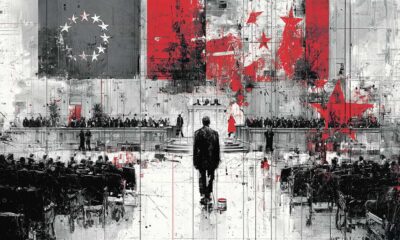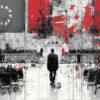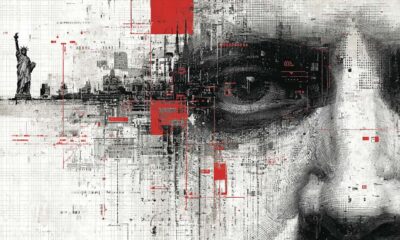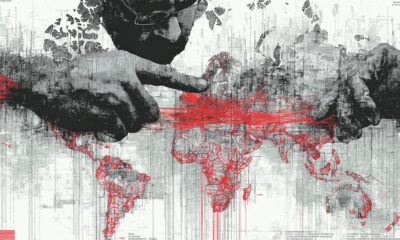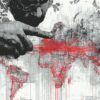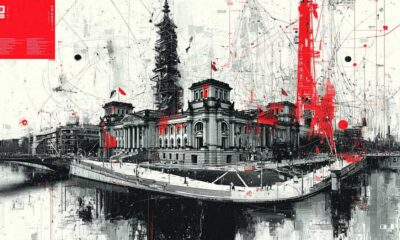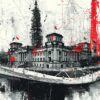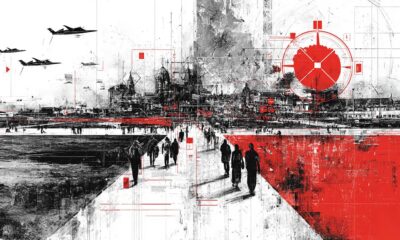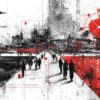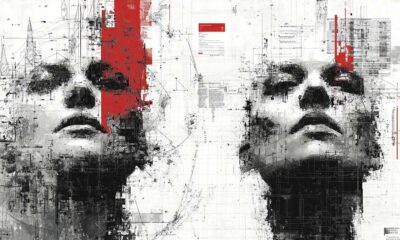Investigation
Echoes of Repression: Political Arrests Rocking Moldova’s Fragile Democracy
In the heart of Eastern Europe, Moldova’s fragile democracy is buckling under a barrage of high-profile arrests that feel less like justice and more like a purge. From the autonomous region’s deputy mayors hauled in for corruption to opposition TV stations stripped of their gear, and now the looming extradition of a fugitive oligarch— these moves have ordinary citizens whispering about a government weaponizing the law against its foes. The sentencing of Gagauzia’s fiery leader Evghenia Gutsul in August 2025 set the tone, but it’s the cascade of detentions since that has politicians glancing over their shoulders and protesters taking to the streets. As President Maia Sandu’s pro-EU agenda pushes forward amid Russian meddling fears, is this a cleanup of corruption or a chilling clampdown on anyone daring to diverge from the official line? This investigation peels back the layers, revealing a pattern that threatens to mute Moldova’s vibrant, if divided, political chorus.

Cracks in the Autonomy: Gagauzia’s Leaders in the Crosshairs
Picture the dusty streets of Comrat, Gagauzia’s bustling hub, where Turkish heritage blends with pro-Russian leanings in a region that’s long chafed under Chisinau’s central grip. Just days ago, on September 9, 2025, the National Anti-Corruption Center (NAC) swooped in, detaining two deputy mayors in a dramatic raid that shook the autonomous territory to its core. Searches lit up their homes, cars, and offices, uncovering what prosecutors call a web of abuse of power and undue influence.
The first deputy mayor, whose name hasn’t been publicly released pending further investigation, was slapped with a 72-hour arrest. Authorities allege he twisted his position to funnel government contracts to a company under his control, registering it through straw men to dodge scrutiny. He allegedly rigged tenders, giving his firm systemic edges, while strong-arming municipal councilors to greenlight construction sites for his cronies—who then flipped them for illicit profits. It’s a classic tale of local power turned personal piggy bank, with the NAC vowing to trace every lei siphoned.
His counterpart faces house arrest in a related probe, accused of meddling in Municipal Council votes to hand over prime land plots via proxies. This isn’t isolated; earlier in September, seven others, including another Comrat official, were nabbed in a voter bribery and illegal party funding sting. Gagauzia’s executive committee decried it as “targeted harassment,” linking the sweeps to the region’s pro-Russian stance.

Looming over it all is Evghenia Gutsul’s fate. On August 5, 2025, the Bashkan (governor) was sentenced to seven years in prison for illegally funneling Russian funds to the banned Shor Party between 2019 and 2022. Gutsul, a 38-year-old mother and vocal Kremlin ally, denied the charges, blasting them as retaliation for her opposition to Sandu’s Western tilt. “They prosecute me for my pro-Russian position,” she declared, her words fueling protests in Comrat where dozens rallied in solidarity. With her appeal pending and regional elections on the horizon, these arrests paint Gagauzia as ground zero in Moldova’s battle over autonomy—and loyalty.
Muzzling the Megaphone: Raids on Opposition Broadcasters
If words are weapons in politics, Moldova’s opposition TV channels just had their arsenals seized. In a move that reeks of selective enforcement, security forces raided the studios of Canal 5 and Primul (also known as “First in Moldova”) earlier this month, citing a flimsy pretext of tax evasion and money laundering tied to ads for a construction firm. Financial docs were hauled away, but the real gut punch? Servers, computers, and production gear— the lifeblood of content creation—yanked until at least September 29, 2025.
The channels, known for airing opposition voices and critiquing the PAS government’s policies, cried foul. “Unable to legally stop us, even with tough internet censorship laws, the government has gone too far,” Canal 5 stated defiantly, vowing court challenges. Primul echoed the sentiment, noting that the construction company’s other advertisers—like major oil giants—faced no such scrutiny. It’s a pattern: Moldova has suspended six pro-Russian channels since 2022 for “misinformation,” but these raids hit homegrown critics head-on.
Journalists on the ground describe a newsroom in chaos, with deadlines missed and stories silenced. “This isn’t about taxes; it’s about who controls the narrative ahead of elections,” one anonymous reporter told local outlets. With over 100 Telegram channels already blocked and opposition media under fire, these actions amplify fears of a media landscape tilting toward the ruling elite, leaving ordinary viewers in the dark about alternative views.
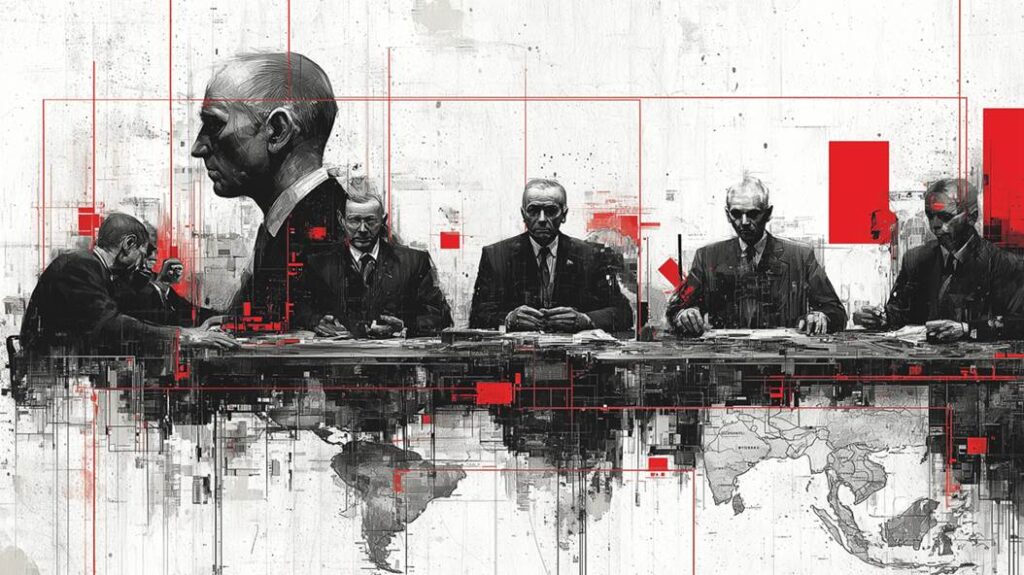
Plahotniuc’s Extradition and Allies in Chains
No arrest wave would be complete without a blockbuster: the green light for Vladimir Plahotniuc’s extradition from Greece. The fugitive oligarch, once Moldova’s shadowy kingmaker, was nabbed at Athens airport on July 22, 2025, and now faces a flight back to Chisinau by late September. Greece’s Ministry of Justice approved the handover on August 28, giving Moldovan authorities 30 days to whisk him away under heavy guard. Plahotniuc, 59, is accused of masterminding the 2014 “theft of the century”—siphoning $1 billion from three banks—and laundering millions, including $39 million and €3.5 million personally pocketed. His assets in France and Switzerland are frozen, a testament to the global dragnet.
Timing is everything: Just as the extradition news broke, former MP Vladimir Andronachi—Plahotniuc’s right-hand man in the Democratic Party—was arrested on September 3, 2025, and remanded for 30 days. The ex-deputy, who fled after Plahotniuc’s 2019 fall, faces money laundering charges in massive sums, tied to the same 2014 scandals. His lawyer screams politics: “This is timed for the elections, to bury the opposition.” Andronachi, detained initially for 72 hours by the Anti-Corruption Prosecutor’s Office, joins a roster of Plahotniuc allies now in the hot seat.
Plahotniuc’s return could unravel old wounds, but critics see it as Sandu’s PAS flexing muscle against a reviled past regime—yet at the risk of appearing vengeful. With direct flights and armed escorts planned, his arrival might spark more unrest, especially as it dovetails with the Gagauzia probes.
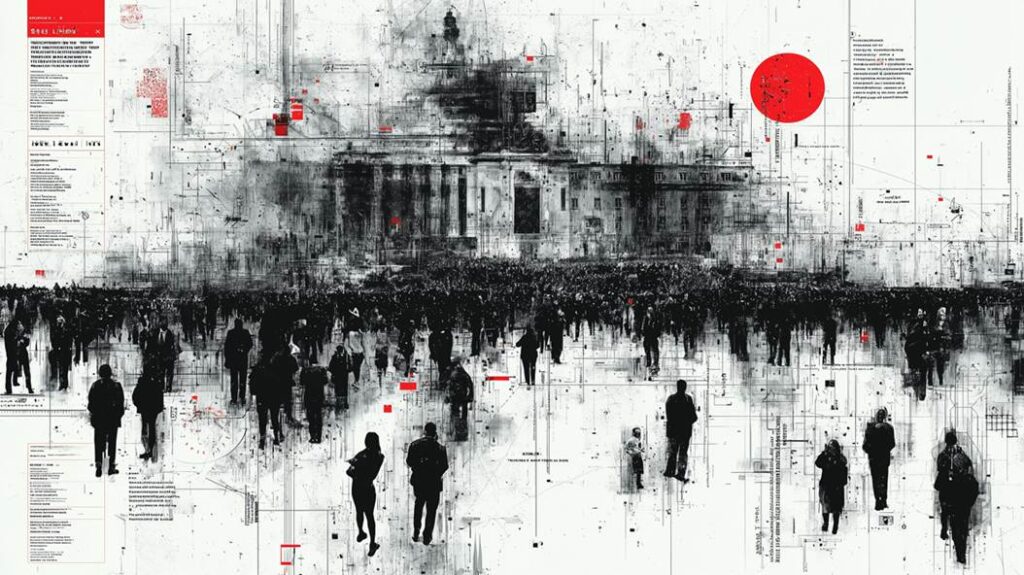
Echoes of Authoritarianism: Moldova’s Democracy on the Brink
These arrests—from Comrat’s corridors to TV studios and oligarch hideouts—aren’t random; they form a tapestry of control in a nation polarized between EU aspirations and Russian shadows. Gutsul’s imprisonment lit the fuse, but the deputy mayors’ detentions, media raids, and Plahotniuc’s impending return fan the flames, touching ordinary Moldovans who fear speaking out could be next. Protests simmer, international watchdogs like Human Rights Watch raise alarms over selective justice, and polls show eroding trust in institutions.
Yet, in this squeeze, resilience flickers: Channels pledge lawsuits, Gutsul’s allies appeal, and Andronachi’s team fights on. Moldova stands at a crossroads—will these moves fortify its EU path by rooting out corruption, or fracture its democracy further? As elections loom, the real trial is for the nation’s soul, where the line between accountability and authoritarianism blurs all too easily. The people, hearts heavy, watch and wait.
Operation Raise the Colours isn’t just about flags—it’s a mirror reflecting Britain’s identity crisis. For many, it’s a harmless rally against self-loathing elites. But with far-right architects pulling strings, the movement risks normalizing division under patriotism’s guise. School bans and flag removals feel like punishment to supporters, yet they’re mild compared to riots’ fallout. No widespread arrests suggest it’s not yet criminalized, but the chill on expression is real.
In the end, true patriotism unites, not alienates. If Raise the Colours sheds its extremist shadows, it could fly high. Until then, it’s a reminder: in diverse Britain, symbols matter—and so do the hands holding them. As tensions simmer, one thing’s clear: the flag debate is far from over.


